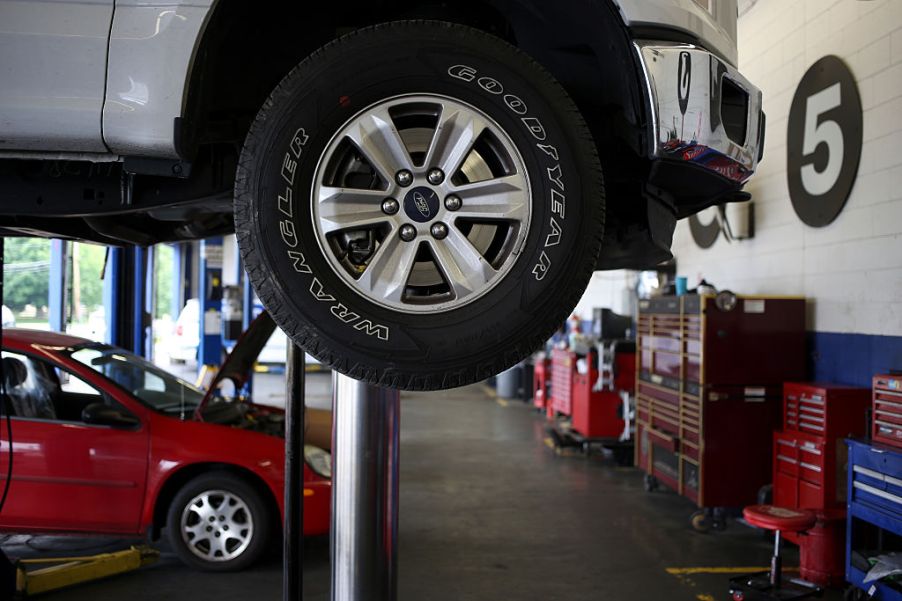
Common Car Myths Debunked
From the time we are young and learning to drive our first cars, we hear tips, tricks and ‘hacks’ on everything from saving gas to maintenance. Some of the information we get is useful and really makes a difference in our driving experience or the way our cars perform, but some are just total myths.
3,000 Mile Oil Change
Many mechanics will tell you that getting an oil change every 3,000 miles is necessary to keeping your engine healthy. There is no doubt that changing your oil and oil filter is an important part of ensuring your car runs well, the idea of using the 3,000-mile benchmark is out-dated and usually incorrect. Inside of the owner manual provided with each car is guidelines for care and a maintenance schedule. Car manufacturers know their motors and cars and what it takes to keep them running smoothly, so your best reference for maintenance intervals may not be 3,000.

Higher Octane Gas Improves Gas Mileage
You may have heard the rumor that using higher octane gas improves your gas mileage and car’s performance. While it is important to use a higher octane if your car requires it, there is no real benefit to using a higher octane if your car only really needs standard. The octane rating has very little to do with the amount of energy the gasoline provides, so a gallon of standard fuel and a gallon of premium won’t make much of a difference in way of improving your gas mileage.
Using Your Phone At the Pump is Dangerous
You may have seen signs at the pump or remember the old warning about using your cell phone while pumping gas. The concept that fuels this myth is that static electricity created by your cell phone can cause a spark and send your fuel pump or car up in flames. The idea came about with older cell phones that still required antennas. The antennas would, on very rare occasions, cause sparks. Modern-day cell phones don’t cause sparks or static electricity and it is perfectly safe for you to take a phone call or check your email while your tank refills.

Bigger Cars and SUVs are Safer Than Smaller Ones
It may give you some comfort to be in a tall car or SUV that seems to dominate the road, but just because it’s bigger than the average compact doesn’t necessarily mean it’s safer. While being surrounded by a big SUV may make you feel safer, the additional weight actually makes them harder to control. Heavy SUVs and cars put more strain on the braking system and suspension and are harder to get control of when something goes wrong. They typically have a higher center of gravity that also makes them more likely to roll over.
While it’s easy to believe common myths, these car ones have been debunked.


